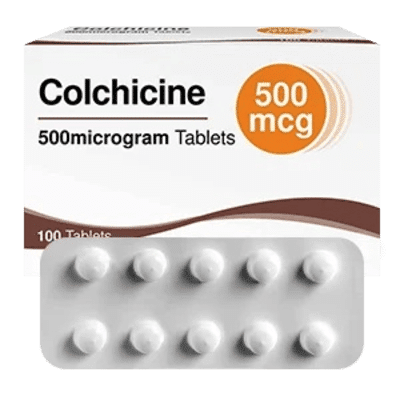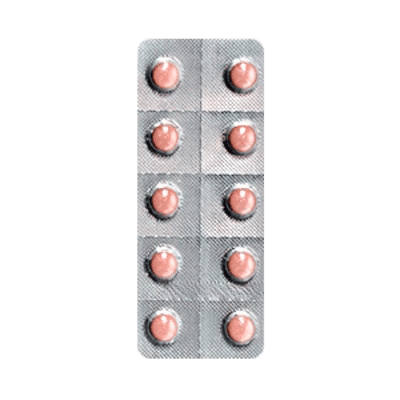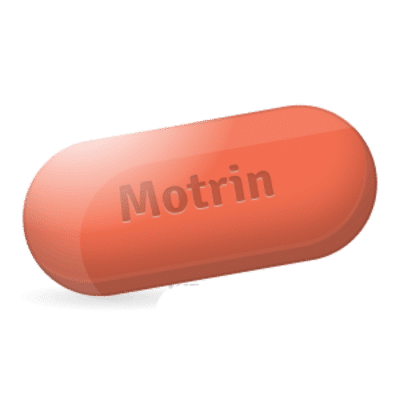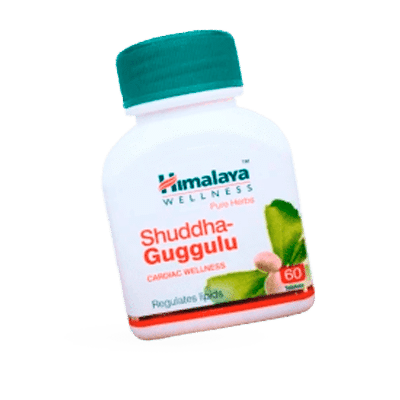The drug helped me a lot during an acute attack of gout. The pain subsided within a few hours after taking it. I didnt notice any side effects, but I strictly followed the dosage recommended by the doctor.

Colchicine
Active ingredients: Colchicine- Quality products
- Support 24/7
- Fast delivery
What is it?
Colchicine is a medicine that is actively used in the treatment of gout, acute attacks of gouty arthritis, and other diseases associated with inflammatory processes. The drug is known for its anti-inflammatory properties and belongs to the group of alkaloids that are obtained from the autumn crocus plant (Colchicum autumnale).
The main action of Colchicine is to suppress inflammation caused by uric acid crystals that accumulate in the joints during gout. The drug does not reduce the level of uric acid in the blood, but effectively eliminates inflammatory reactions that lead to pain and swelling. Despite its effectiveness, the drug requires careful use due to possible side effects and a narrow therapeutic window.
Composition
Colchicine contains the active substance colchicine, which is a natural alkaloid isolated from the colchicum plant. It is this substance that provides the anti-inflammatory effect of the drug. Excipients may vary depending on the form of release and the manufacturer, but usually include:
- Microcrystalline cellulose - used as a binding agent.
- Lactose - added as a filler.
- Magnesium stearate - serves to improve the sliding of tablets.
- Povidone - promotes uniform distribution of the active substance.
These components help ensure the stability and effectiveness of the dosage form, and also improve the bioavailability of the main active substance.
How to use?
The use of Colchicine requires strict adherence to the doctors recommendations, as incorrect dosage can lead to serious side effects. Usually the drug is taken orally with a sufficient amount of water. It is important to adhere to the following order of use:
- For an acute attack of gout: an initial dose of 1.2 mg is usually prescribed, then an additional 0.6 mg is taken an hour later if symptoms persist. The maximum daily dose should not exceed 1.8 mg.
- For the prevention of relapses: a dose of 0.6 mg once or twice a day is often recommended, depending on the patients condition and response to treatment.
- For other diseases, such as familial Mediterranean fever, the dosage and regimen are selected individually.
Do not change the dosage or stop taking the drug without consulting a doctor, as this may lead to an exacerbation of the disease or the appearance of adverse reactions.
How does it work?
Colchicine works by suppressing the inflammatory processes that occur in response to the deposition of uric acid crystals in the joints, which is typical for gout. The main mechanism of action of this drug is associated with its ability to prevent the migration of leukocytes to the site of inflammation and block the process of phagocytosis of uric acid crystals, which, in turn, reduces the release of inflammatory mediators.
The drug does not affect the level of uric acid in the blood and does not remove it from the body. Its task is to stop the chain reaction of the inflammatory process, reducing the pain, swelling and redness that accompany gout attacks. This makes Colchicine an effective remedy for quickly relieving acute symptoms of gout and preventing their recurrence.
Indications
Colchicine is used to treat and prevent a number of diseases associated with inflammation and metabolic disorders. The main indications include:
- Acute gout attacks - for rapid relief of pain and inflammation caused by the deposition of uric acid crystals in the joints.
- Prevention of gout attacks - to reduce the frequency and severity of attacks in patients with chronic gout.
- Familial Mediterranean fever - to prevent relapses and complications in patients with this genetic disease.
- Behcets disease - to control inflammatory processes associated with this systemic vasculitis.
The drug can also be prescribed for other diseases that are accompanied by inflammatory processes, but all prescriptions should be strictly individualized and under the supervision of a doctor.
Contraindications
Despite the effectiveness of Colchicine, there are certain conditions in which its use is contraindicated. These contraindications are associated with the possibility of serious side effects and exacerbation of existing diseases. The main contraindications include:
- Hypersensitivity to colchicine or any of the auxiliary components of the drug.
- Severe renal failure - the risk of accumulation of the drug in the body, which can lead to toxic effects.
- Severe liver failure - impaired metabolism of the drug can cause dangerous side effects.
- Pregnancy and breastfeeding - possible negative impact on the fetus and infant.
- Serious diseases of the cardiovascular system - the risk of deterioration of the condition against the background of the use of the drug.
Before starting treatment, it is imperative to discuss with your doctor all possible risks and concomitant diseases in order to avoid complications and choose the safest treatment regimen.
Side effects
When using Colchicine, side effects are possible, which can range from mild to severe. The most common reactions are related to the gastrointestinal tract and the general condition of the body. The main side effects include:
- Nausea and vomiting - especially when taking high doses.
- Diarrhea is one of the most common side effects that can occur with long-term treatment.
- Abdominal pain - possible with both acute and long-term use.
- Dizziness and weakness - occur less often, but may be associated with individual sensitivity to the drug.
- Myopathy and neuropathy - observed with long-term use, especially in patients with impaired renal or hepatic function.
If side effects occur, you should immediately consult a doctor to adjust the dose or discontinue the drug. Some side effects may require immediate medical attention, so it is important to carefully monitor your condition during treatment.
Frequently asked questions
Colchicine Reviews and Experiences
A good remedy, quickly relieves inflammation and pain in gout. But you need to be careful with the dosage, because once I exceeded the dose and felt nausea and weakness. It is important to follow the doctors recommendations and not experiment with doses.
Colchicine has proven to be an effective remedy for gout prevention. I take it regularly as prescribed by my doctor, and since then the attacks have almost completely stopped. The only downside is that it sometimes causes mild stomach upset.









